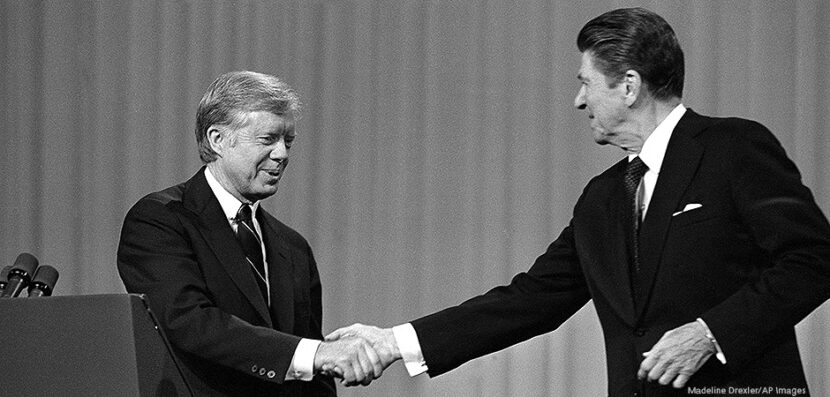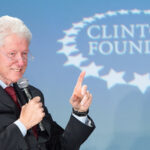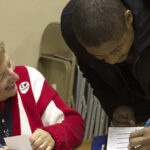Last summer, Election Central was there to guide you across the occasionally enlightening and often ridiculous moments that made up the Primary Debates. With the number of both the candidates as well as the debates themselves considerably reduced, we take a look ahead to the first of this season’s three presidential debates. Scheduled for September 26, at Hofstra University in Hempstead, New York, here are some things you should know about the first debate:
Participants
While it is generally assumed that the general election debates only includes the two major parties, any candidate with a rating of at least 15 percent in the five most recent polls are allowed to participate. Libertarian Gary Johnson and Jill Stein of the Green Party (with eight and three percent respectively) will not be in attendance. After months of suggesting that he might not participate in any debate, Republican nominee Donald Trump has now committed to all three.
Format
There are, generally speaking, two types of debate formats. The first is led by a moderator who is responsible for selecting questions related to a series of pre-determined issues and topics. The second is the “town hall” style, where the audience features “uncommitted” voters chosen by the Gallup Organization (an analytics/polling company). Members of this audience participate by asking the candidates questions on important campaign topics.
Venue
The Commission on Presidential Debates (CPD) is a nonpartisan, nonprofit organization created in 1987 for the purpose of sponsoring and producing all of the presidential and vice presidential debates in the United States. The CPD selects both the venue and the moderators for each event. To be considered, a venue (usually, but not necessarily, a university) must submit a proposal and be subject to a site review and consultation with various White House and law enforcement officials. The final site is announced one year in advance.
Moderators
The CPD is also responsible for selecting the moderators (one for each of the debates). To be considered as a moderator, a person must meet all three of the following criteria—1. have extensive experience in live television broadcast news, 2. possess a familiarity of the candidates as well as the major issues of the campaign, and 3. understand that the main focus of time spent should be on the candidates and their views. This year’s moderators will be Anderson Cooper (CNN), Lester Holt (NBC), Martha Raddatz (ABC), and Chris Wallace (Fox News).
Negotiations
It is not uncommon for candidates and their campaign teams to negotiate details of the debate. This year, the Hillary Clinton campaign objected to involvement of anyone from Fox News. One of Trump’s objections was the timing of the first debate. Trump believed it unfairly coincides with the airing of professional football games. Both objections were not considered, as Fox’s Chris Wallace will serve as a moderator and the first debate will air as scheduled.



